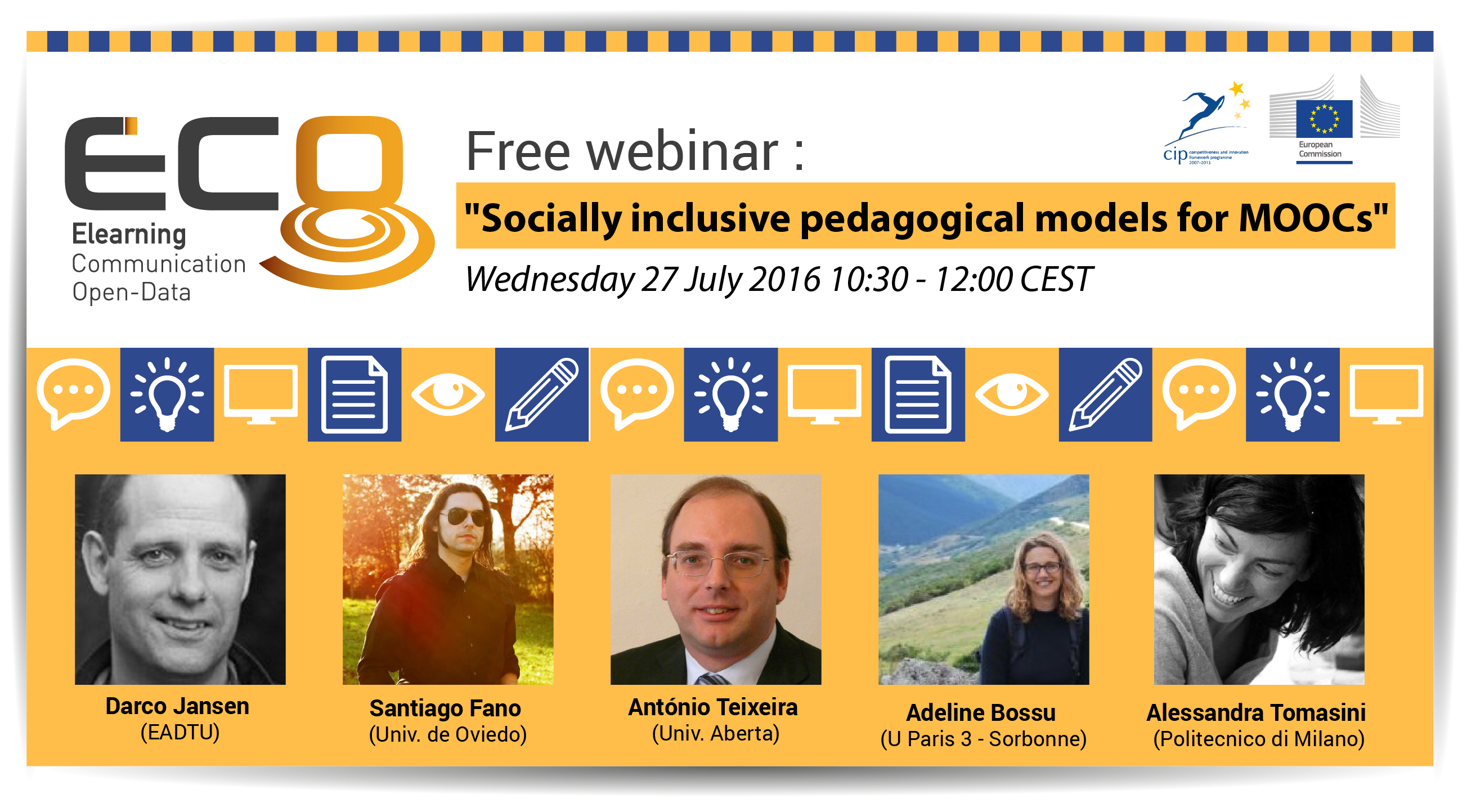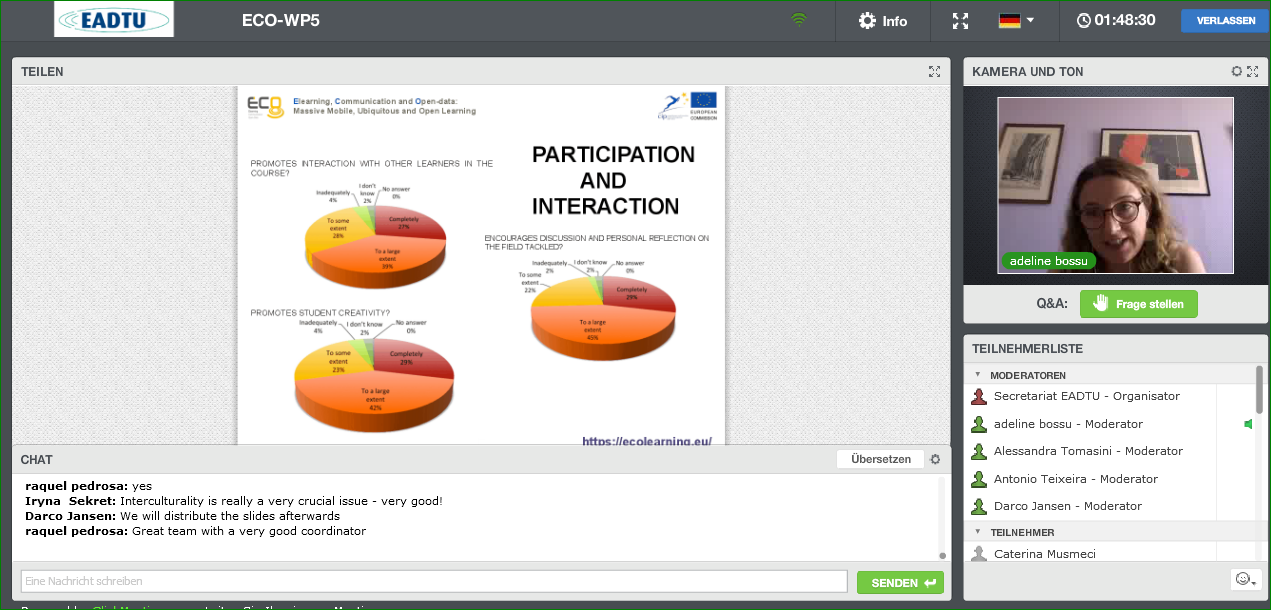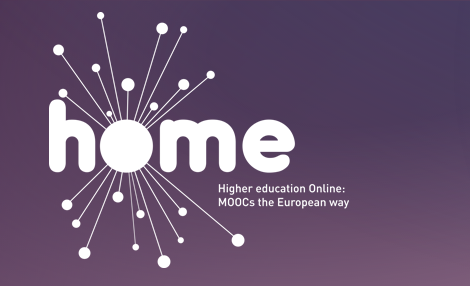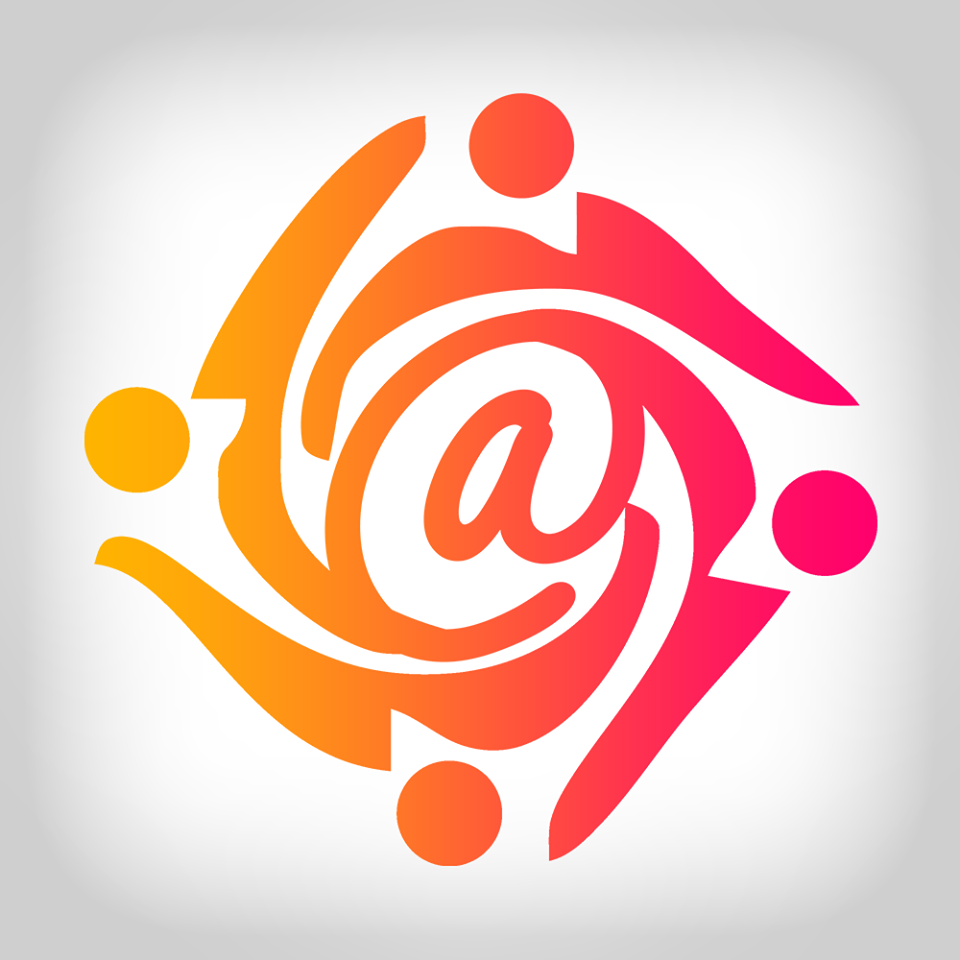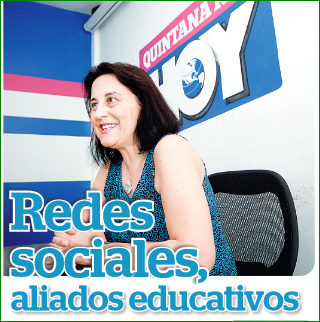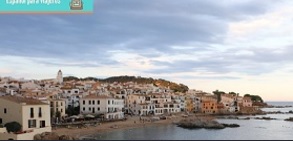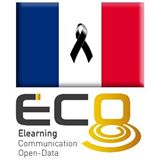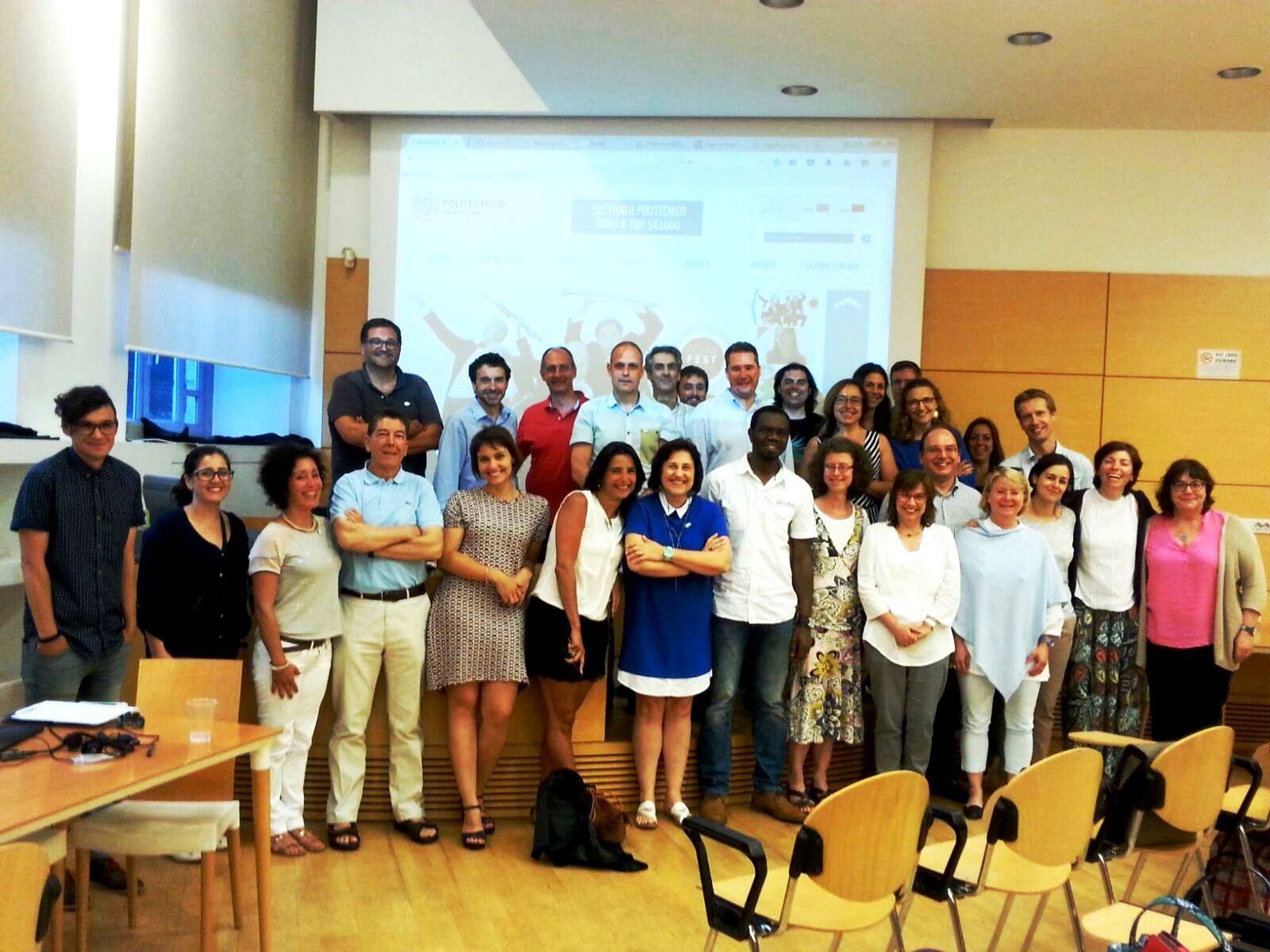
ECO Consortium held their sixth biannual meeting in Milan (Politecnico di Milano) on July 13-14, 2016. With the project running at full throttle on its third, final year, some critical issues were discussed, such as further improvements on quality research, new MOOCs from e-teachers, dissemination campaigns on Social Media, Associate Partners joining the project, and some interesting options to ensure continuation and development after ECO’s project life in January 31th, 2017.
Currently on its 30th month, ECO project is fully developed and growing fast. Participation figures have been achieved and efforts are currently focused on the increasing number of new MOOCs designed and developed by e-teachers, which enrich ECO catalogue . Also, ECO is raising interest among educational institutions and companies worldwide, and a number of agreements are being signed. The new members usually join the project as Associate partners and contribute with their own MOOCs, specifically designed to meet ECO’s quality standards and pedagogical approach.
Partners will hold a final meeting in January, 2017, right before ECO ends its project life. By then, the future features of ECO will have been planned and discussed in detail.
Author: Ángela Benavides (UNED)
